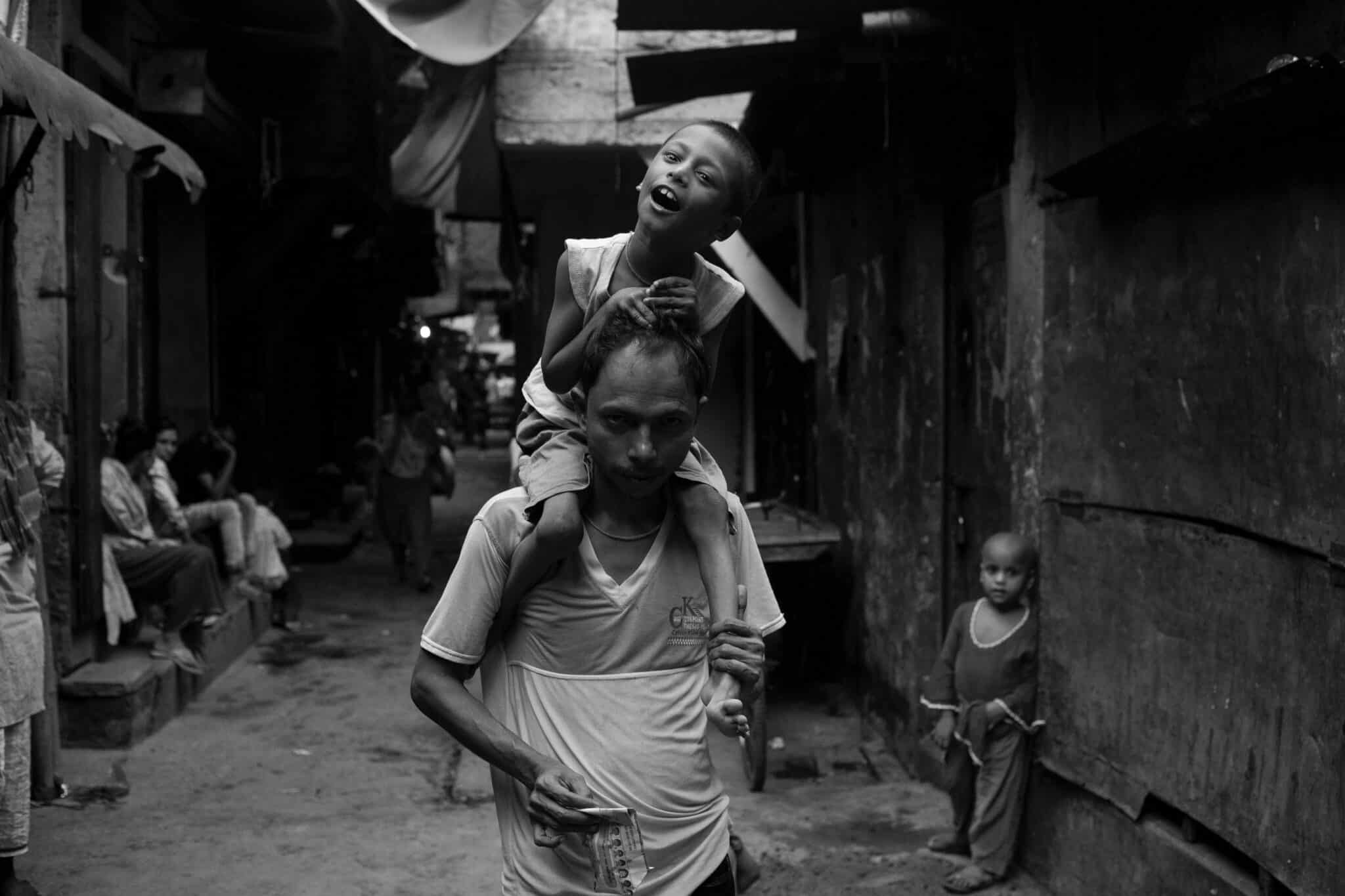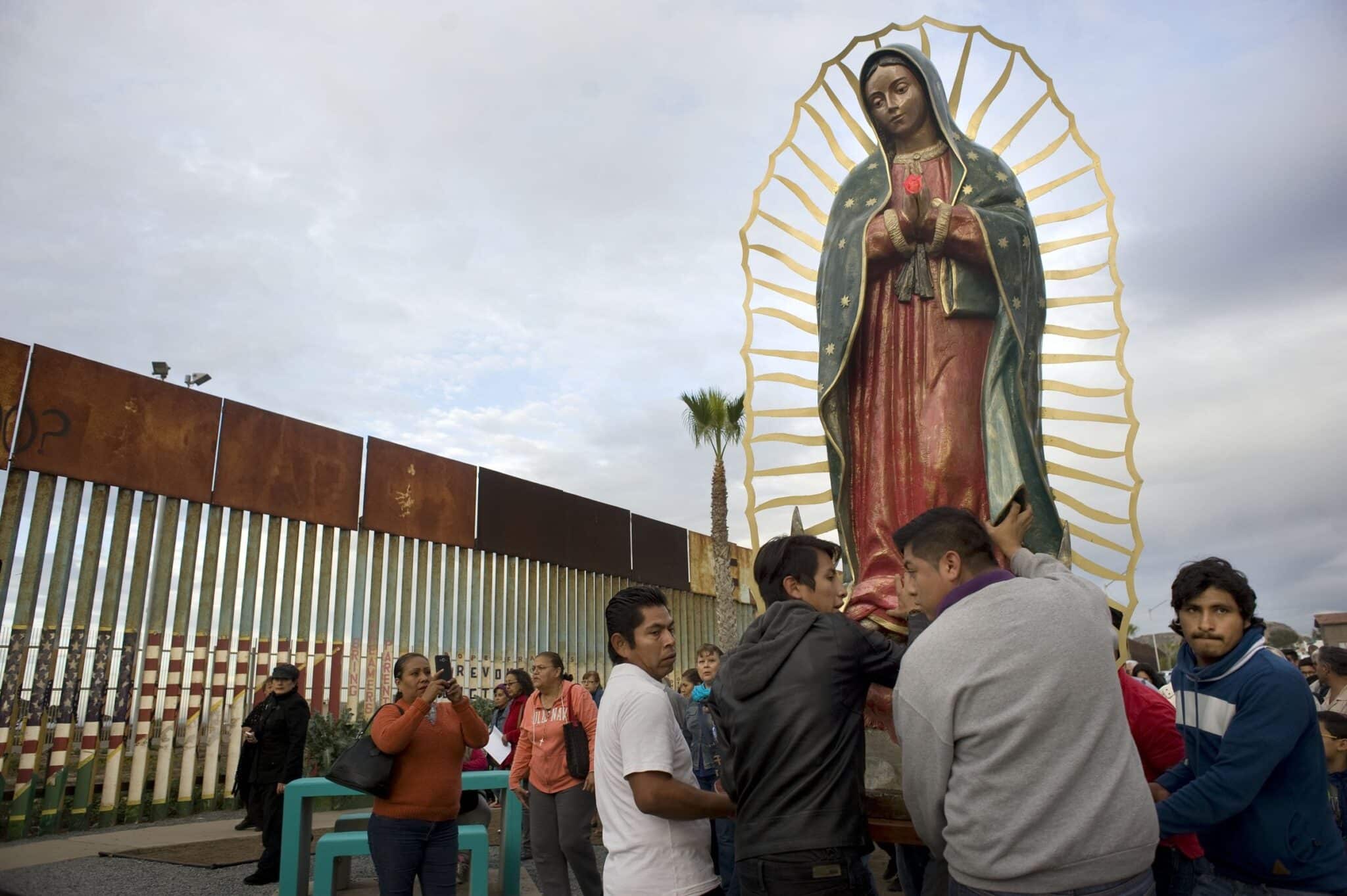“The important thing is to do charity, not to talk about charity. We must understand the work with very poor people as a God’s chosen mission.” — Saint Irma Dulce Lopes Pontes
She was just thirteen the day one of her aunts took her into some of the poorer neighborhoods in her hometown of Salvador. A good share of the population lived in slums known as favelas, often without the basic necessities of food, sanitation, shelter, and clothing. Some of us see similar images on a regular basis, on the news or in our own cities and neighborhoods. Grime, disease, and all the other aspects of poverty make us uncomfortable. We may express sorrow or indignation when we talk with our friends; give a bit more money to a diocesan or nonprofit appeal as a result; or offer up prayers. But prayers go only so far when you haven’t had a decent meal for three days, or your mother has a cough that’s just not getting better. Even though she was just thirteen, Maria did more than pray. She sprang into action. We admire missionaries like her who bring the Lord to the sick, the dying, and the poor. But emulating them seems much harder. We have parents and spouses and children and grandchildren to care for. We have jobs that eat up a good share of our days and brains. It’s just not feasible for most of us to leave all that behind. But like Dulce, we can be present to the person in front of us, whether that person is a family member, a friend, a colleague, or someone we’ll never see again. Sometimes that assistance will involve services or money; many times it’s about a hug or a smile or a word or small act of kindness.
— from Radical Saints: 21 Women for the 21st Century, by Melanie Rigney








